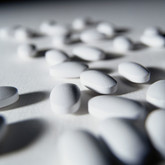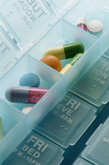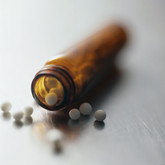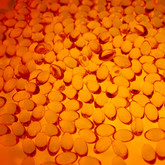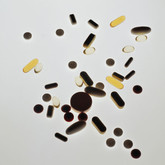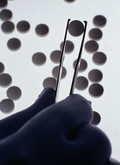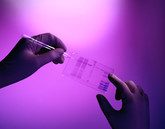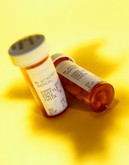Generics
Generic combination antibiotic launched in US
On 26 October 2010, Hospira announced the launch of its combination antibiotic (piperacillin and tazobactam) for injection in the US. The medication is a generic version of Zosyn, the world’s leading injectable antibiotic, from Pfizer (Wyeth). Piperacillin and tazobactam injection posted sales in the US in 2009 of more than US$855 million.
Tackling counterfeit drugs in China
The Chinese State Council, or cabinet, said on 19 October 2010 it would “launch a special campaign to fight intellectual property rights infringement and the manufacture and sale of counterfeit goods” at a meeting chaired by Premier Wen Jiabao. The six-month campaign, which includes making sure government organisations use genuine software, will begin at the end of October 2010, said the State Council.
India’s top pharma company strengthens ties with South Africa
Generics’ manufacturer Cipla is a prominent Indian pharmaceutical company, best known outside its home country for manufacturing low-cost anti-AIDS drugs for HIV-positive patients in developing countries. Cipla exports to 170 countries and its manufacturing facilities are approved by WHO, US FDA, UK MHRA and other major agencies. Cipla was responsible for lowering the cost of triple therapy antiretroviral (ARV) to less than US$1 per day and is, in partnership with the Clinton Foundation, to supply ARVs to third world countries.
A view from South Africa
Aspen Pharmacare, Africa’s biggest generic drugs company, reported a 24% rise in full-year profit at the end of June 2010, boosted by its South African unit, and says it expects strong demand in the coming year.
Who are the GPhA and what do they do?
The Generic Pharmaceutical Association (GPhA) is a group that represents the interests of generic drug manufacturers in the US. To achieve this they pursue an active lobbying policy. They are currently in talks with the FDA to improve the process by which it approves generic medicines. Generic pharmaceuticals account for 75% of the prescriptions dispensed in the US but consume just 22% of the total drug spending.
Apotex loses fight over Plavix patents
Apotex was told to pay sanofi-aventis (sanofi) and Bristol-Meyers Squibb (BMS) a whopping US$442 million (plus interest) for violating patents on the blockbuster blood-thinner Plavix (clopidogrel bisulphate).
Brand loyalty, generic entry and price competition in the US
In a new working paper from the US National Bureau of Economic Research researchers investigated brand loyalty, generic entry and price competition in the 25 years since the 1984 Waxman-Hatch legislation came into force.
FDA grants approval for generic lansoprazole
Teva Pharmaceutical Industries announced on 18 October 2010 that it had received FDA approval for its Abbreviated New Drug Application for its generic version of Takeda's Prevacid (lansoprazole) SoluTab.
Teva brings another action against Mylan
In October 2009, Teva Pharmaceutical Industries filed a lawsuit against Mylan for infringement of multiple patents, with respect to patents on its glatiramer acetate drug–Copaxone. The patents cover pharmaceutical compositions containing it, methods of using it and processes for making it. Those patents expire in May 2014 and September 2015. No trial date is scheduled.
What is the incremental cost-effectiveness ratio (ICER)?
The incremental cost-effectiveness ratio (ICER) often comes up when talking about drug comparisons, but what is it and how does it relate to medicines?
